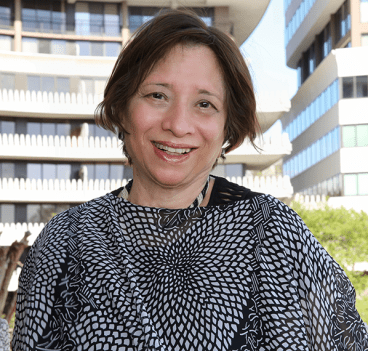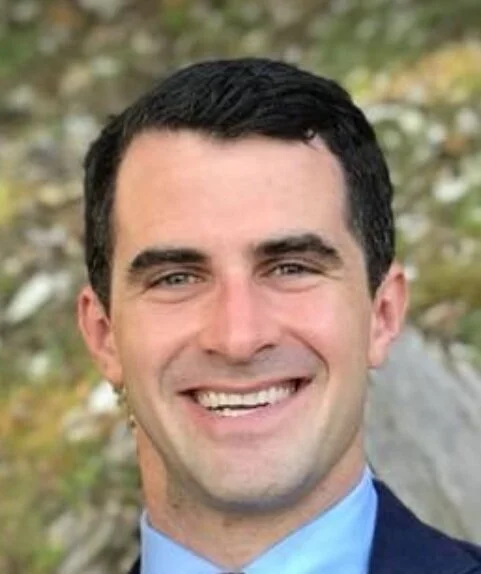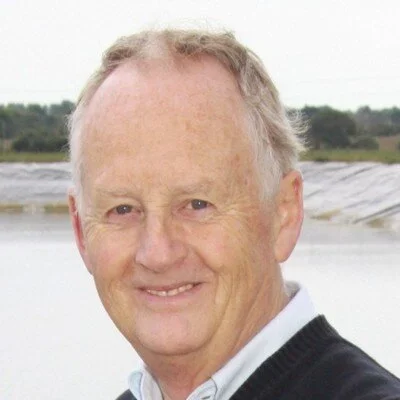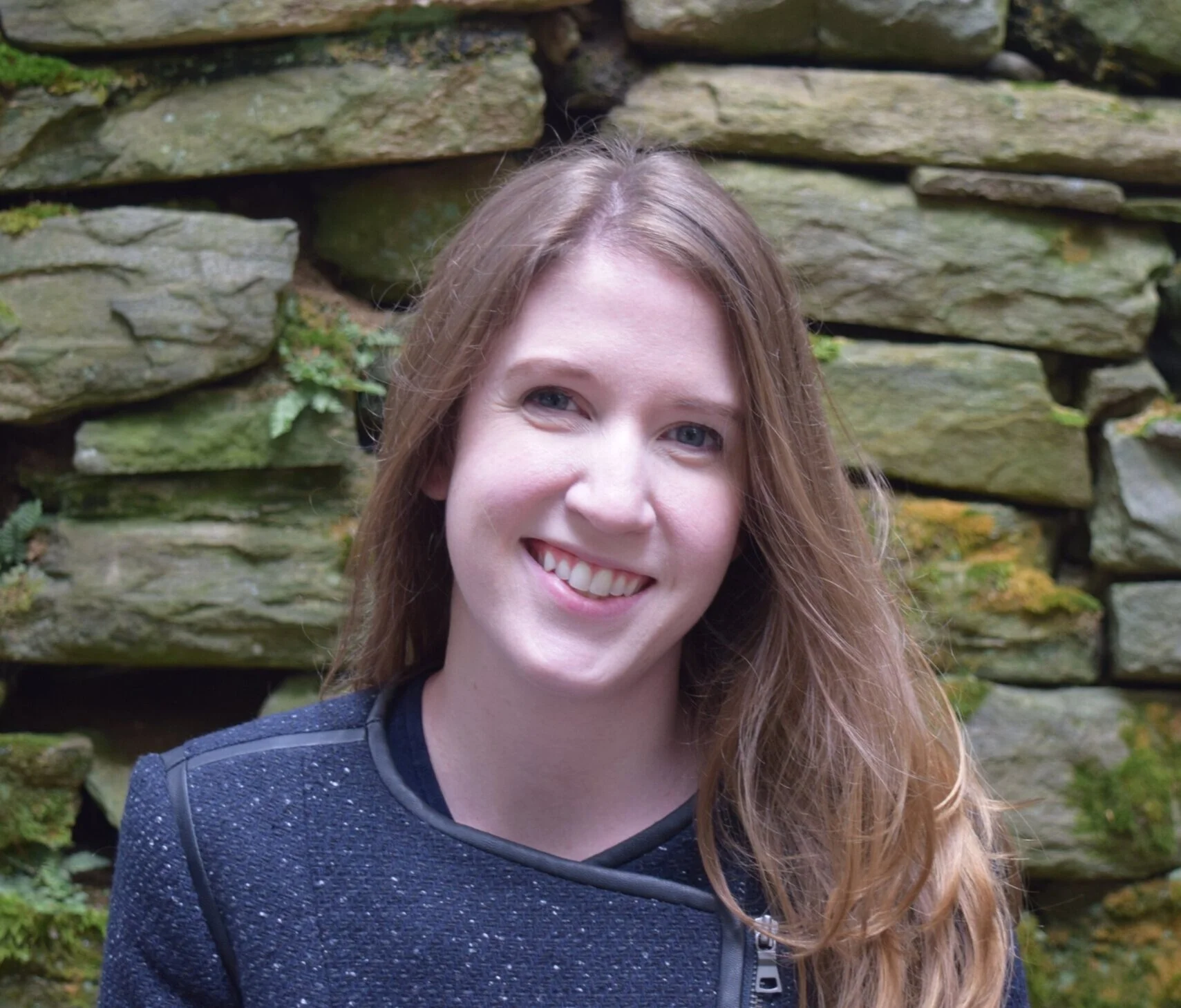Resilience in the water-energy-food nexus
November 12
Agenda
12:45 PM Break + open Zoom room
1:00 PM Panel: Towards food security and equality through water management
2:00 PM Break + open Zoom room
2:15 PM Virtual networking session
3:15 PM Day two closing remarks
4:00 PM MIT Water Innovation Prize Kick-off
10:00 AM Day two welcome + Keynote: Uma Lele
11:05 AM Break + open Zoom room
11:15 AM Panel: Effective management of water and energy trade-offs for growing populations
12:15 PM Break + open Zoom room
12:30 PM Start-up flash pitch session - Host: Ellie Barker, Imagine H2O
KEYNOTE:
“Coping with Water Scarcities”
Uma Lele
President Elect of the IAAE, Former World Bank Senior Advisor
Dr. Uma Lele, President Elect of the International Association of Agricultural Economists (IAAE), is an international policy expert. As a former senior advisor at the World Bank, she is focused on shaping public policy with empirical evidence. With five decades of research, operational, analytical and evaluative experience with numerous international organizations including CGIAR, the Food and Agriculture Organization (FAO), Global Water Partnership, University of Nebraska's Water for Food Institute, the United Nations Forum on Forests (UNFF), and many others, she has written and spoken on her expertise in growing agricultural markets, rural development, natural resource management, public health and more.
DAY 2 PANELS
Effective management of water and energy trade-offs for growing populations
As urban areas continue to grow, cities face a variety of competing environmental, economic, and social demands. The water-energy nexus highlights interactions between these demands: LA's distributed water system, for instance, promoted urban sprawl that has increased transportation-related energy expenditure. This panel will highlight solutions and strategies to effectively manage resources in cities around the world, exploring how the relationship between water access and energy use creates both challenges and opportunities for urban planners.
Panelists:
Newsha Ajami
Director of Urban Water Policy, Water in the West at Stanford University
Newsha K. Ajami, is the director of Urban Water Policy with Stanford University’s Water in the West program. A leading expert in sustainable water resource management, smart cities, and the water-energy-food nexus, she uses data science principles to study the human and policy dimensions of urban water and hydrologic systems. Her research throughout the years has been interdisciplinary and impact focused. Dr. Ajami is a two-term gubernatorial appointee to the Bay Area Regional Water Quality Control Board. She is a member of National Academies Board on Water Science and Technology. Dr. Ajami also serves on number of state-level and national advisory boards. Before joining Stanford, she worked as a senior research scholar at the Pacific Institute, and served as a Science and Technology fellow at the California State Senate’s Natural Resources and Water Committee where she worked on various water and energy related legislation. She has published many highly cited peer-reviewed articles, coauthored two books, and contributed opinion pieces to the New York Times, San Jose Mercury and the Sacramento Bee.
Amanda Brock
President, Solaris Midstream Holdings
Amanda Brock is the President of Solaris Midstream Holdings and has spent her career focused on the global oil and gas, power, and water sectors. Prior to joining Solaris, Amanda was CEO of Water Standard, a water treatment company focused on desalination, produced water treatment and recycling for both the upstream and downstream energy sectors. Previously, Amanda was President of the Americas for Azurix, responsible for developing water infrastructure and related services and before that was President of Enron Joint Venture Management, managing Enron’s global power assets and partnerships. Amanda serves on the boards of Cabot Oil & Gas, Macquarie Infrastructure Corporation, and is the incoming Chair of the Texas Business Hall of Fame. She previously served on the Board of Trustees of LSU Law School, the Texas Water Commission and Harte Research Institute for Gulf of Mexico. She was named one of the top 10 women in energy by the Houston Chronicle and in 2016 was both recognized as one of the top 25 leaders in water globally and as a Texas Honoree for Woman in Energy. She also facilitated a White House delegation to Abu Dhabi as part of the Obama Administration’s Moonshot for Water Initiative. In 2017, Amanda was inducted into the Houston Woman’s Business Hall of Fame and in 2020 was named one of the 25 most influential women in energy by Harte Oil and Gas investor Magazine.
Hani Sewilam
Professor of Hydrology and Water Resources Management at the RWTH Aachen University, Managing Director of the UNESCO Chair in Hydrological Changes and Water Resources Management at the RWTH Aachen
Hani Sewilam is a Professor of Hydrology and Water Resources Management at the RWTH Aachen University in Germany. He is currently the Managing Director of the UNESCO Chair in Hydrological Changes and Water Resources Management at the RWTH Aachen. He is also a professor at the American University in Cairo. Hydrology, water management, desalination and sustainable development are his main areas of specializations. In Germany, his research team focuses on flood risk management and the development of innovative capacity building programme for water professionals. Dealing with water scarcity through desalination, aquaponics, hydroponics, and effective water management is the focus of his other team in Egypt. Another focus of his research is implementing the concept of Water-Energy-Food nexus at local, national and regional levels. Over the last 5 years, Sewilam co-founded an MSc program in “Sustainable Management – Water and Energy” at the RWTH Aachen in Germany and founded another M.Sc. program in “Sustainable Development” at the American University in Cairo. He has contributed significantly to the establishment of the UNESCO Chair in Hydrological Changes and Water Resources Management at the RWTH Aachen. Sewilam is the founder of the first Center for Sustainable Development in Egypt. Sewilam has been raising funds and implementing research and development projects since 2002 with universities and institutions from at least 15 Euro-Mediterranean countries.
Diego Juan Rodriguez
Senior Economist, Water Global Practice at the World Bank Group
Diego Rodriguez is currently a Senior Economist at the Water Global Practice of The World Bank Group. He is the task team leader of the World Bank initiative on the quantification of the tradeoffs of the energy-water nexus (Thirsty Energy) and the Program Manager of the Water Partnership Program. He is currently also providing support to operational teams on the use of economic analysis in large water infrastructure investments under deep uncertainty. Prior to joining the World Bank he worked at the Danish Hydraulic Institute and the Inter-American Development Bank. He has more than 20 years of experience in sectoral, operational, policy and strategy development in water supply, sanitation, and water resources management. He holds a PhD in Economics (Water), an MA in Applied Economics and a BS in Economics.
Moderated by:
Kevin Sofen
Business Development Manager, W.S. Darley & Company
Kevin Sofen is currently the Business Development Manager in the water and fire technology divisions at W.S. Darley & Company, overseeing product development, market strategy, and emerging technology. During the last eight years, Kevin has successfully commercialized a range of water products that include truck integrated water purifications, packaged water in a box, and emergency response solutions, all of which are now in use by the different customers. In 2016 Kevin launched www.Wristsponsible.com, a social enterprise focused on raising financial capital and social awareness for water projects aligned with the United Nations Sustainable Development Goals (SDGs). Wristsponsible raises money through the sale of artisan craft, incentivized crowdfunding, and corporate sponsorship. In the past three years, Kevin has contributed over $250,000 to 25+ water projects around the world. Kevin breaks down barriers to accelerate innovation in the SDG context and seeks to connect with innovators for future collaboration. In 2020, he helped launched a podcast series to expand the discussion around the SDG’s https://www.sdgtalkspodcast.com/.
Towards food security and equality through water management
The FAO estimates that the world needs to produce 60% more food by 2050. Although the organization states that there will most likely be sufficient water and land to do so, this is not without challenges like increasing water scarcity, over-exploitation of resources, urbanizing populations, and a lack of gender equity in agriculture. This panel will explore the important scales and transitions of water management and irrigation in pursuit of a food secure future that supports equality among growers.
Panelists:
Samir Ibrahim
CEO and Co-founder, SunCulture
Samir Ibrahim is the CEO and co-founder of SunCulture. SunCulture develops and commercializes life-changing technology that solves the biggest daily challenges for the world’s 570 million smallholder farming households. The company is recognized as a Bloomberg New Energy Pioneer and a Financial Times Transformational Business, and was named to the London Stock Exchange’s “Companies to Inspire Africa” index. SunCulture has been featured by TED, the Financial Times, the Economist, BBC, and more. Prior to SunCulture, Samir studied finance and international business at NYU’s Undergraduate Stern School of Business and joined PwC's Financial Services, Structured Products, and Real Estate Group. Samir is recognized as a Forbes 30 Under 30, Top Conscious Business Leader by Conscious Company Media, and a World Energy Council Future Energy Leader alumnus. Samir is also on the Organizing Committee of Shikilia, a coalition of public and private sector organizations providing emergency cash transfers to low-income Kenyan communities.
Nicole Lefore
Director, Feed the Future Innovation Lab for Small Scale Irrigation
Dr. Nicole Lefore is the Director of the Feed the Future Innovation Lab for Small Scale Irrigation at the Norman Borlaug Institute for International Agriculture. She previously worked as a senior project manager at the International Water Management Institute (IWMI) in South Africa, and has extensive experience in grant management, participatory planning and evaluation, and policy. Dr. Lefore has focused on land and natural resources, community engagement and extension approaches for natural resource management, capacity development for agricultural institutions, and water resources and gender in her 20+ years of international experience managing projects related to agricultural development, water and land resources, institutions, and capacity development.
Melvyn Kay
Technical writer/editor and water management consultant
Melvyn Kay, a chartered civil engineer, water management consultant, and writer/editor, works to manage and communicate knowledge and ideas on water and natural resources development. With a career in consultancy and academia he has worked in over 20 countries across Europe, Africa, and the Middle East, and specializes in agricultural water management, irrigation engineering, and drought management. He is currently the senior editor on UN FAO’s flagship publication on ‘The state of the world’s land and water resources for food and agriculture’ to be published in 2021. In 2010, he won the International Commission for Irrigation and Drainage annual Watsave Technology Award for work on promoting reservoirs to increase water security for irrigated agriculture on UK farms.
Martín Pasman
President, Valmont Industries of Argentina
Martín Pasman is an agricultural engineer with an in-depth understanding of the challenges and opportunities of turning waste and undeveloped land into prime irrigated agricultural land. He has 30 years of experience in the irrigation industry and has participated in several land transformation initiatives in the Southern Cone, one of the world's leading agricultural regions, which includes Argentina, Brazil and Uruguay, and is a member of the Robert B. Daugherty Water for Food Global Institute International Advisory Panel and of the Global Farmer Network. Since becoming a founding partner and his President of IRRI Management Argentina in 1996, a Valmont Company since the year 2000 and now Valmont Industries de Argentina, Pasman led the company's efforts to install more than one million acres of Center Pivot irrigation. He managed more than 50.000 acres of family farmland in Argentina. In his beginning he has covered more than 170.000 acres as an agronomy consultant for third-party companies, and is a former director of Agrifirma, a company formed to operate and develop farmland in Brazil. Pasman's family has been involved in farming for more than five generations.
Moderated by:
Emily Moberg
Research Lead Specialist, Markets Institute at WWF
Emily Moberg is a researcher at the World Wildlife Fund who specializes in the impacts of agriculture on the natural environment and the mitigation of those impacts. With expertise in mathematical modeling, she has researched diverse topics including phytoplankton growth dynamics, historical analysis of food systems, and fisheries economics. She has co-authored a textbook on environmental decision analysis. Emily also leads the National Network for Ocean and Climate Change Interpretation, a US based training network that teaches climate communication skills.











